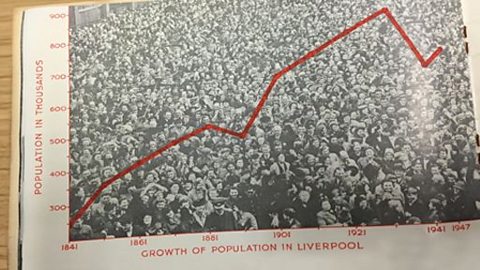Video summary
This film looks at historical sources in The National Archives at Kew, relating to the Cuban Missile Crisis of the early 1960s.
Dr. Sam Caslin from Liverpool University explains how a collection of extraordinary documents can help us understand the mindsets and motivation of Harold Macmillan, the former British Prime Minister, and John F. Kennedy, the US president, when faced with the Soviet Union’s build up of medium range nuclear missiles in Cuba in 1962.
Through studying an urgent telegram, a chilling map of the danger facing US cities and minutes of a late night conversation between the two Western leaders, the film shows how close the world came to World War 3 and how the two men worked together to try to avert the crisis.
This clip is from the series Hunting for History.
Teacher Notes
A typical question which historians debate is how serious the Cuban Missile Crisis was and whether nuclear war was a realistic possibility.
Students could be asked to tackle this question using ONLY the documents that Dr Caslin has available, to build up a working hypothesis.
They could then be asked to use more sources or possibly textbooks to see whether their view changes as they gather more source material.
This clip will be relevant for teaching KS3 History in England, Wales and Northern Ireland and 4th level People, past events and societies in Scotland.
Magna Carta. video
A look at what sources can tell us about the importance and origins of Magna Carta.
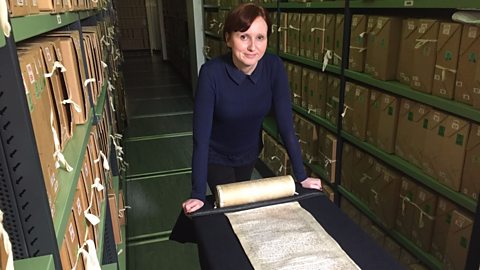
Medieval Antisemitism. video
A look at what sources can reveal about Antisemitism in Medieval times.
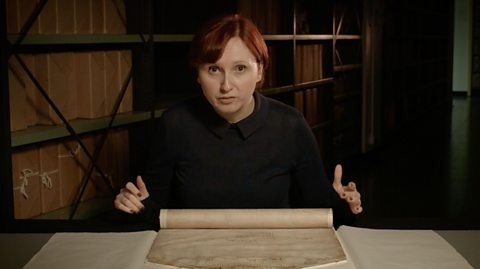
Elizabeth I. video
A look at what sources can reveal about the personality of Elizabeth I.
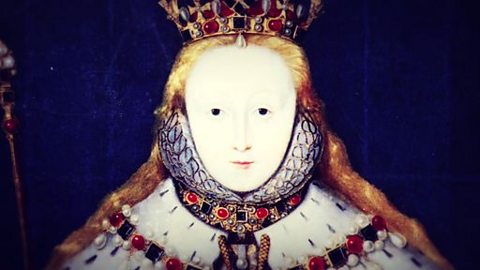
Burke and Hare. video
An exploration of how historical sources can help to explain the motivation for Burke and Hare’s 19th century killing spree in Edinburgh.
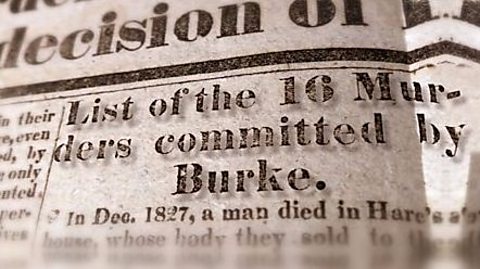
The History of Women's Football. video
Exploring sources that reveal the remarkable success of the Dick Kerr’s ladies football team during World War One.
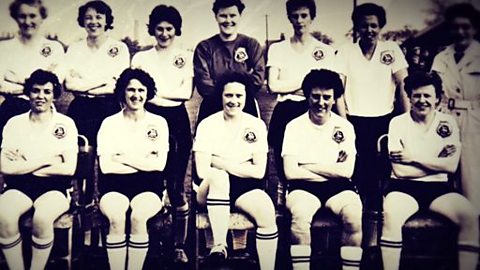
Transforming the health of Liverpool. video
Exploring what sources can reveal about the improvements to public health in Victorian Liverpool and the contribution of Britain’s first Public Health Officer, Dr Duncan.
